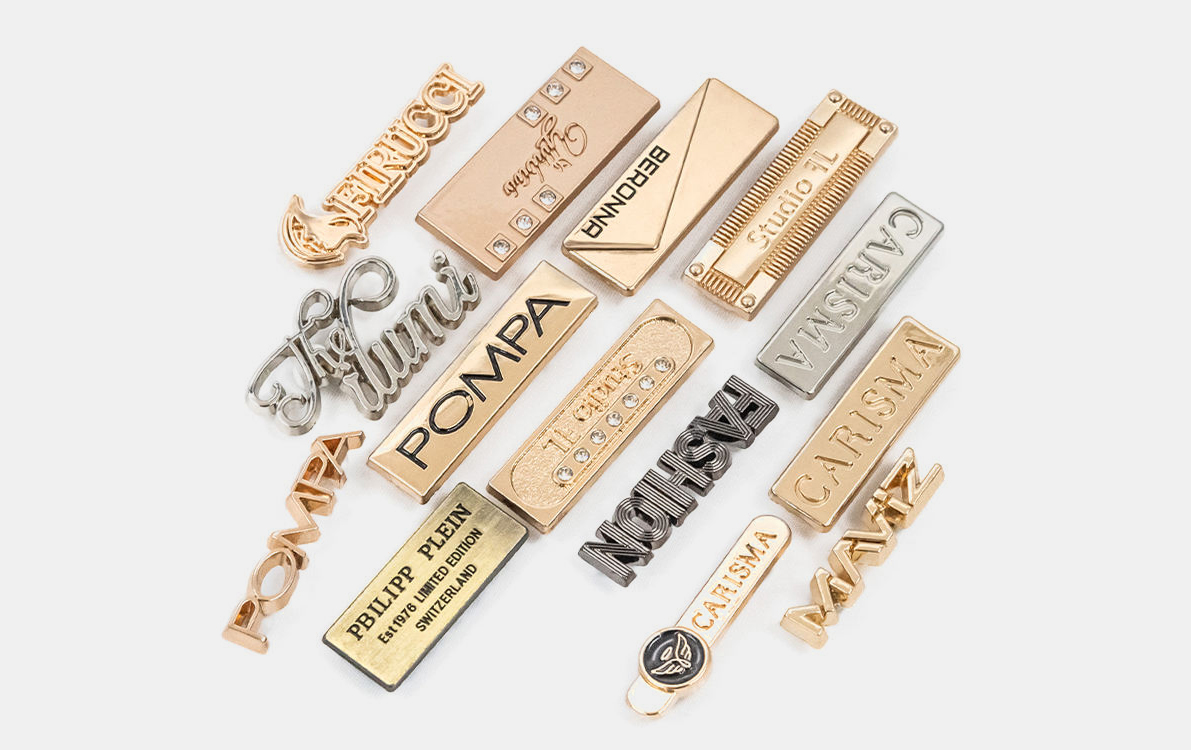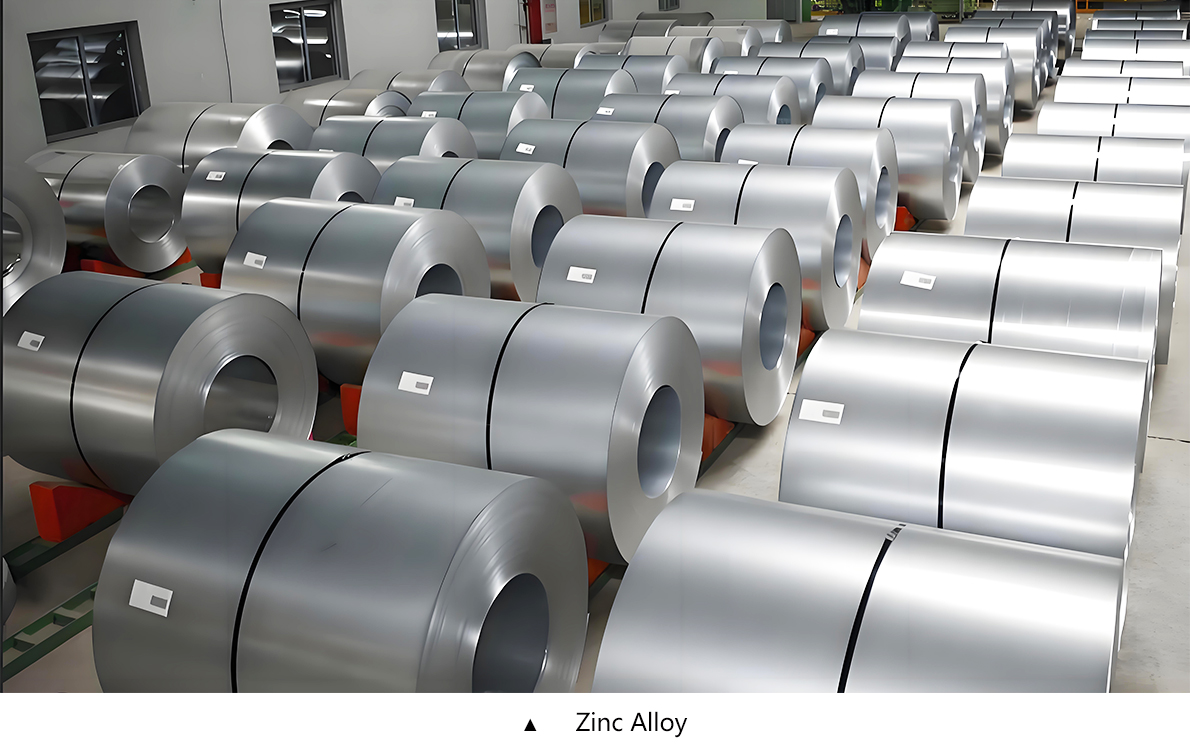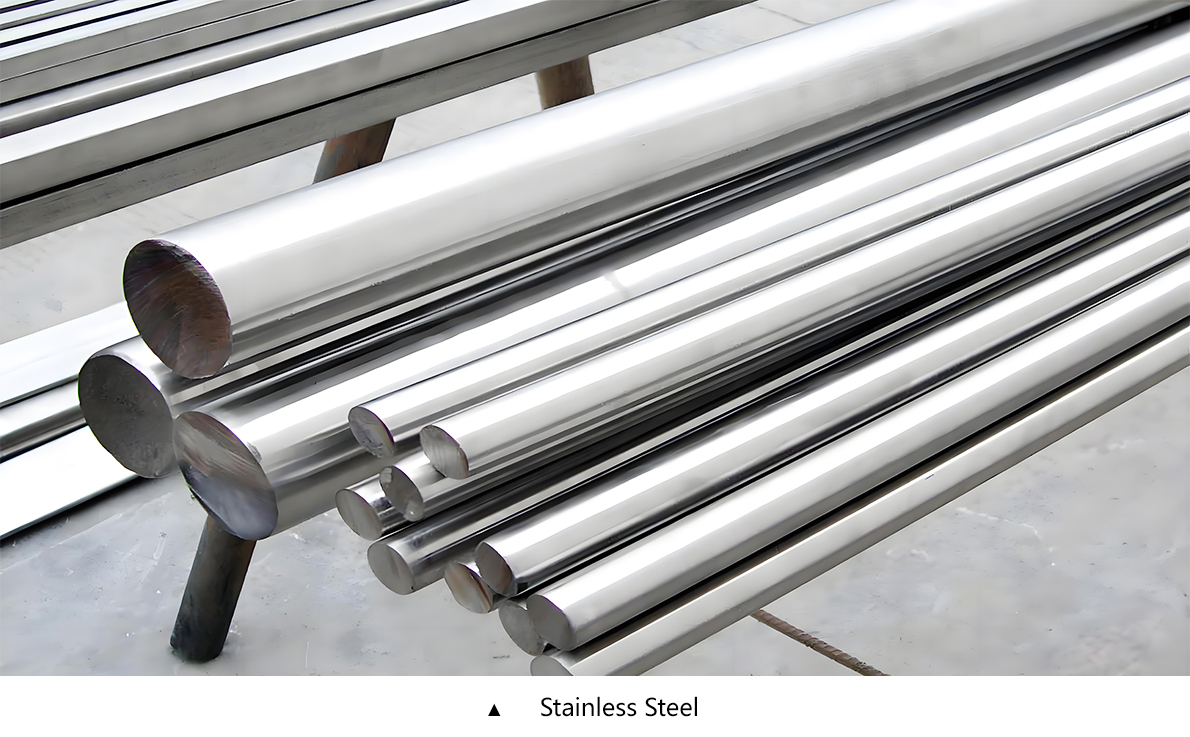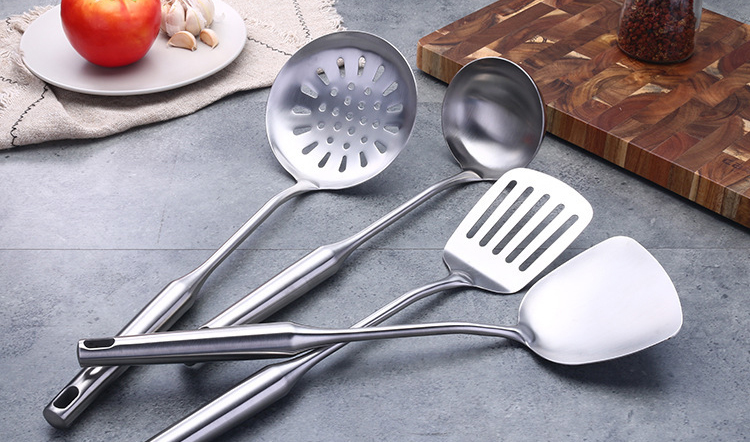Zinc alloy and stainless steel are actually very common in our daily lives, but what is the difference between zinc alloy and stainless steel? Maybe not many people will understand it, so let’s learn more about it in the following article .

Material properties
There are differences in materials between zinc alloy and stainless steel. Zinc alloy has zinc as the main component and usually also includes elements such as copper, aluminum, and magnesium. Stainless steel is a metal material composed of iron, chromium, nickel, carbon and other elements. The different compositions of the two determine their obvious differences in characteristics and performance.

Corrosion resistance varies
Stainless steel is widely used for its good corrosion resistance. Although zinc alloy also has certain corrosion resistance, it cannot be compared with stainless steel. Zinc alloys are susceptible to corrosion in environments containing corrosive substances such as oxygen, sulfur, acid and alkali. In contrast, stainless steel has good corrosion resistance and can maintain stability in a variety of industrial environments.
Different intensity
Due to different compositions, there are certain differences in the strength of zinc alloy and stainless steel. Under the same conditions, the strength of stainless steel is much higher than that of zinc alloy, which makes stainless steel widely used in some high-strength fields.

Plasticity aspect
Zinc alloy has good plasticity and is easy to process, and can be processed and formed by die casting, extrusion and forging. Although stainless steel has good plasticity, it is more difficult to process and deform than zinc alloy, and the processing requirements are higher.
Application areas
Zinc alloy: suitable for making small jewelry, keychains, etc., is cheaper and easier to process, but has a shorter service life.

Stainless steel: Widely used in kitchenware, aerospace, food machinery and other fields, it is favored for its corrosion resistance and strength.

Zinc alloy and stainless steel each have certain advantages. Zinc alloys are suitable for manufacturing precision parts and products with high appearance requirements, and have good strength and corrosion resistance; while stainless steel is suitable for manufacturing durable, corrosion-resistant products, and has good corrosion resistance in corrosive environments. When selecting materials, comprehensive considerations should be made based on specific uses and requirements to ensure that suitable materials are selected.


